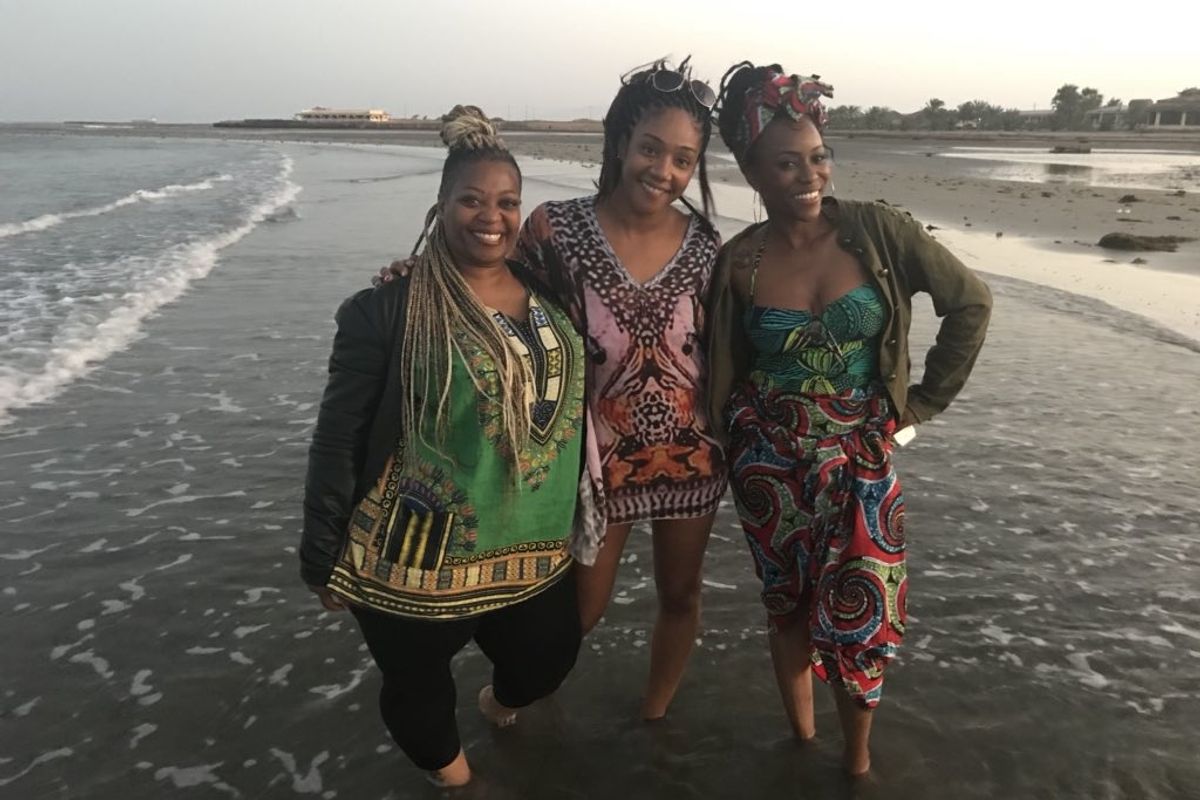
Tiffany Haddish on Returning to Eritrea: 'I Feel Like I'm Finally Home'
Watch the star of "Girls Trip" give an emotional recount of her experience in Eritrea, the home country of her late father.
SEARCH

Watch the star of "Girls Trip" give an emotional recount of her experience in Eritrea, the home country of her late father.